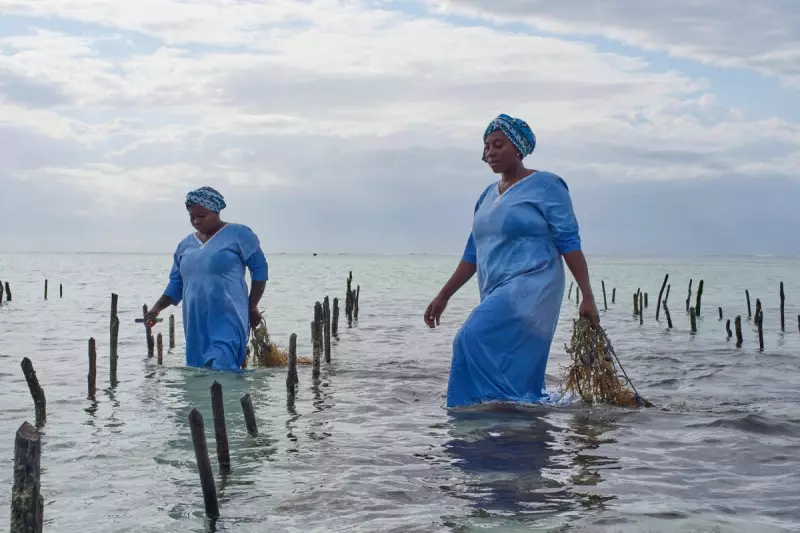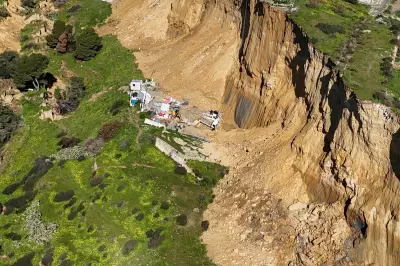
On the sun-drenched shores of Zanzibar, a quiet revolution is taking place beneath the turquoise waters. Local women, standing waist-deep in the warm Indian Ocean, are cultivating one of the beauty industry's most sought-after ingredients: seaweed.
The Underwater Gold Rush
What began as small-scale coastal farming has blossomed into a thriving industry supplying major international beauty brands. These companies prize Zanzibar's seaweed for its exceptional purity and potent natural properties, making it a premium ingredient in luxury skincare products worldwide.
"The demand has grown tremendously," explains a local farmer, her hands deftly tying seaweed to underwater ropes. "We used to farm mainly for food, but now the cosmetic companies can't get enough."
Women Leading the Wave
This marine farming boom has become a powerful vehicle for women's economic empowerment in the region. Thousands of Tanzanian women now support their families through seaweed cultivation, transforming traditional gender roles and creating financial independence.
The work follows nature's rhythm. During low tide, the women venture into the shallows to tend their aquatic gardens. They monitor growth, clear debris, and carefully harvest the mature plants, all while balancing traditional responsibilities ashore.
Sustainability Challenges
However, this success story faces mounting environmental pressures. Climate change and rising sea temperatures threaten the delicate marine ecosystems where seaweed thrives. Some farmers report declining yields as waters warm, prompting concerns about the industry's long-term viability.
"The sea is changing," one veteran farmer notes, gazing across her underwater plots. "We've noticed differences in growth patterns that worry us. Our livelihoods depend on these waters remaining healthy."
Global Beauty, Local Impact
International cosmetic companies are increasingly drawn to Zanzibar's seaweed for its organic certification and sustainable harvesting methods. The island's pristine waters, relatively free from industrial pollution, produce what many consider to be among the world's finest cosmetic-grade seaweed.
As consumers worldwide increasingly seek natural, ethically sourced beauty products, Zanzibar's seaweed farmers find themselves at the intersection of global commerce and community development. Their daily work connects remote Tanzanian villages with luxury department stores in London, Paris, and New York.
This unique industry demonstrates how traditional knowledge and natural resources can create economic opportunities while meeting global demand for sustainable beauty products. The women of Zanzibar aren't just farming seaweed—they're cultivating hope, one harvest at a time.





